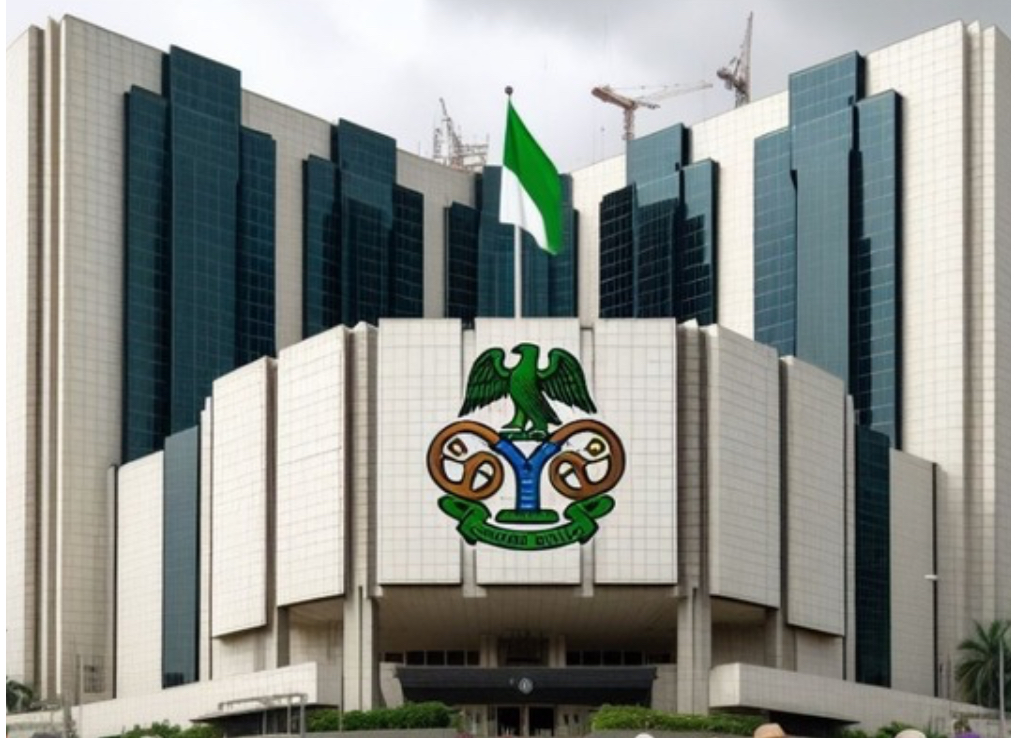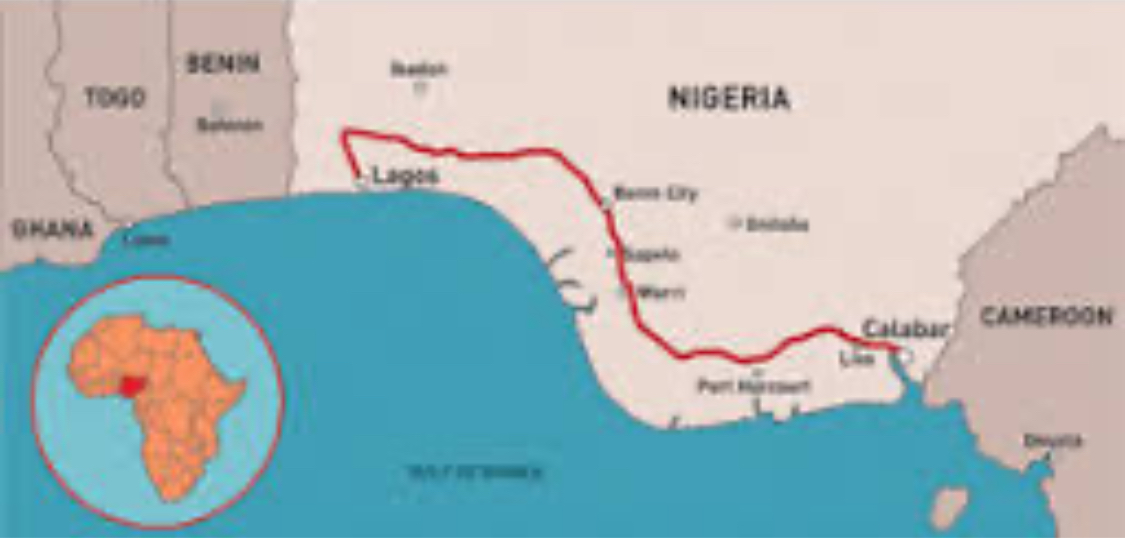Scenario
Imagine a company, let’s call it Global Imports Ltd, which deals in various products like rice, beans, noodles, spaghetti, sugar, salt, and toothpicks. Global Imports owns an overseas company with the name World Trading Ltd. To facilitate their importation process, World Trading Ltd issues a pro forma invoice to Global Imports Ltd for the sale of sugar. This invoice states that the seller is not related to the buyer.
In reality, the cost of sugar per bag is $50, but the invoice deceptively lists it at £500. Global Imports takes this inflated invoice to the bank to obtain foreign exchange (FX) at the official rate of ₦740 to the dollar. They transfer the $500 at ₦740 per dollar to World Trading Ltd. However, only $50 is used to purchase the sugar, and the remaining $450 is sold on the black market at a rate of ₦1,320 per dollar.
This scheme, which is nothing short of a manipulation of FX rates, allows unscrupulous businesses like Global Imports to amass significant profits. It starkly contrasts the weekly foreign exchange auctions, where these companies consistently come out on top, thanks to their ability to bribe bank officials. This practice, which is both unethical and unfair, has been allowed to persist for years, creating a deeply unjust economic landscape.
While these unscrupulous companies amass wealth and dub themselves billionaires, genuine businesses that need to import spare parts and raw materials for their operations are left in a dire situation. They struggle to obtain the necessary FX because they refuse to engage in unethical practices. This is a clear case of the good suffering while the bad prosper.
The result of these unethical practices in the banking sector is a distorted economy where a few unscrupulous businesses thrive at the expense of legitimate enterprises. This not only undermines economic stability but also stifles genuine entrepreneurship, ultimately hindering Nigeria’s economic growth. The consequences are dire, and the need for comprehensive reforms in the banking sector is more urgent than ever.
However, there is hope. By initiating comprehensive reforms in the banking sector, we can begin to address these economic challenges. These reforms should not only involve integrating the official and black market exchange rates to eradicate the parallel market but also conducting rigorous investigations into companies that have consistently secured foreign exchange for years. By directly confronting these issues, we can pave the way for a more equitable and prosperous economic environment, where all businesses in Nigeria have a fair chance to thrive.
** The business names mentioned in the scenario above are fictitious and do not refer to any known companies.
Hashtags: BankingReform #NigeriaEconomy #FXManipulation #EthicalBanking #FinancialTransparency #EconomicStability #Entrepreneurship #FXRates #BankingEthics #NigeriaBusiness #CorporateGovernance #FinancialIntegrity




Leave a Reply